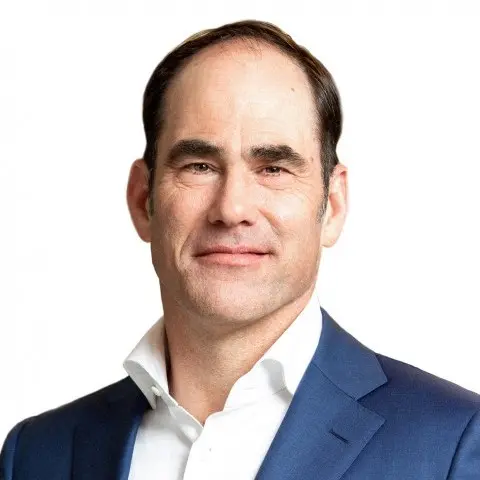ECB suffers financially under its own rate hikes
By using former risk provisions, the European Central Bank avoided presenting a loss in its 2022 financial accounts
The ECB’s own financials suffered from the monetary policy paradigm shift in 2022. As reported in the ECB’s financial statement for 2022, the ECB had to use €1.6bn from risk provisions made in the past in order to avoid reporting a loss. Now the ECB has reported zero profit. The ECB’s actual losses stem from unrealised price losses on securities held in the own funds and US dollar portfolios owing to increased bond yields. In other words, the sharp increase in bond yields on the back of a broader paradigm shift to fight inflation forced the ECB to make write-downs on its own bond holdings. Even after the 2022 operations, the ECB still has €6.6bn worth of provisions, €8.9bn of capital and €36.1bn in a "revaluation account" designed to cover market losses.
In the past, these reserves or risk provisions were used to lower official profits. Now they come in handy.
Some national central banks will not be so lucky and are likely to present losses. In recent weeks, some national bank governors have already hinted at potential losses. At first glance, central banks recording losses is nothing to worry about and is a rather technical issue. Central banks can hardly go bust as they can print money or can be recapitalised by shareholders, i.e in a European context in most countries' governments.
At second glance, however, in times of rate hikes and quantitative tightening, central banks running losses face credibility issues and could also trigger new speculations about whether or not the ECB should ever return to a “whatever it needs” approach in case new tensions within the eurozone arise again.
Download
Download opinion
Carsten Brzeski
Carsten Brzeski is the Global Head of Macro for ING Research. Previously, he worked at ABN Amro, the Dutch Ministry of Finance and the European Commission. He is a 2019 JFK Memorial Policy Fellow at Harvard University and member of the Advisory Council on International Affairs for the Dutch government and Parliament. Carsten has studied at the Free University of Berlin, Northeastern University in Boston and Harvard University in Cambridge, USA.
Carsten Brzeski
This publication has been prepared by ING solely for information purposes irrespective of a particular user's means, financial situation or investment objectives. The information does not constitute investment recommendation, and nor is it investment, legal or tax advice or an offer or solicitation to purchase or sell any financial instrument. Read more
